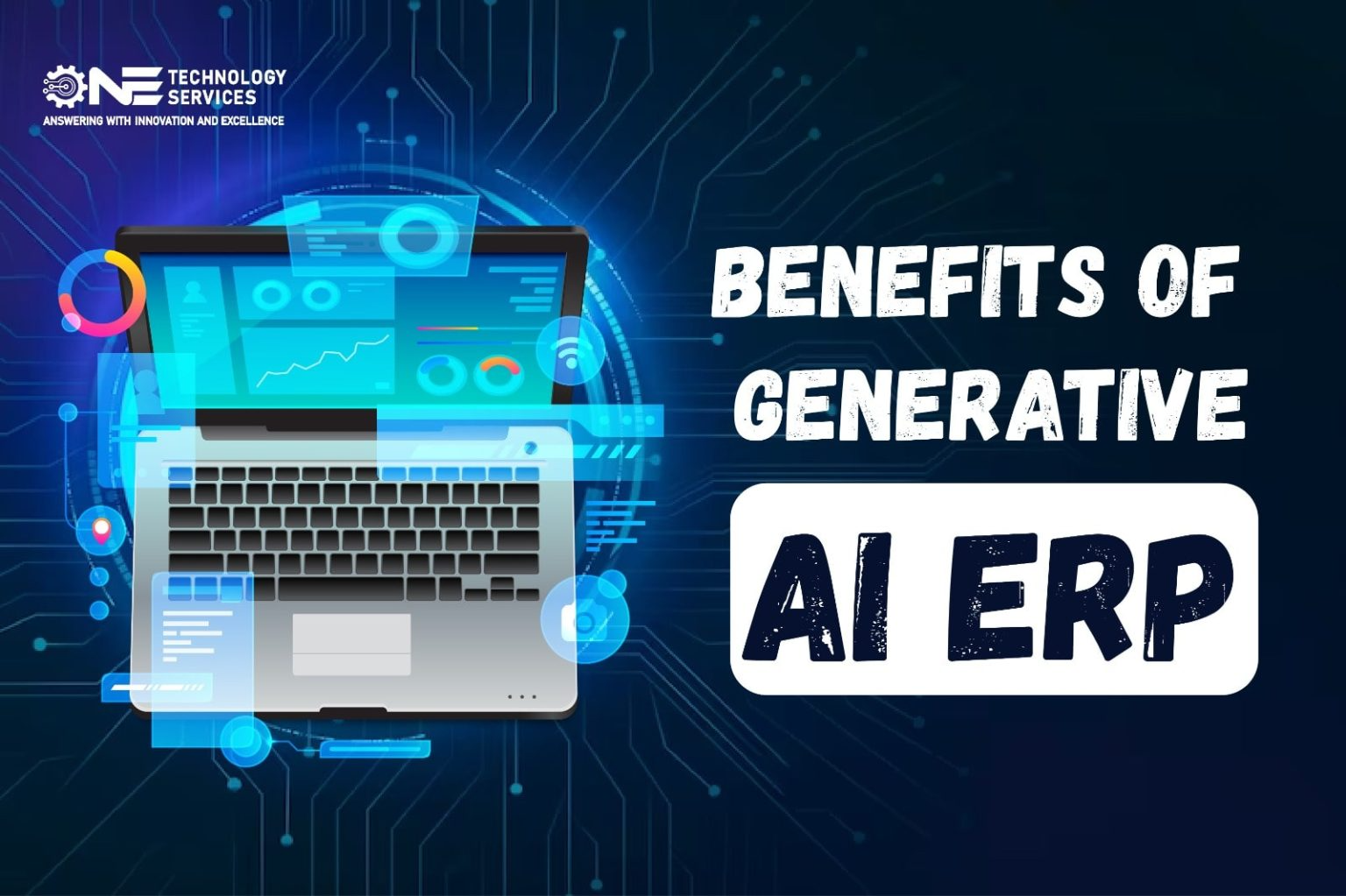In today’s rapidly evolving business landscape, organizations are constantly seeking innovative solutions to drive growth and gain a competitive edge. Generative AI ERP (Enterprise Resource Planning) systems have emerged as a game-changer, offering a wide range of benefits.
By combining the power of generative artificial intelligence with ERP frameworks, businesses can streamline operations, optimize efficiency, and make data-driven decisions. In this comprehensive blog, we will delve into the numerous benefits that Generative AI ERP brings to organizations.
From enhancing operational efficiency to fostering innovation and enabling personalized experiences, we will explore how this transformative technology revolutionizes business operations, propelling organizations toward sustainable growth.
Enhanced Operational Efficiency
Generative AI ERP systems empower businesses to achieve heightened operational efficiency by automating and optimizing various processes. These systems utilize intelligent algorithms to automate routine tasks, such as data entry, report generation, and inventory management. By reducing manual efforts and minimizing errors, Generative AI ERP enhances productivity and accelerates decision-making processes. Moreover, these systems facilitate seamless integration across departments, ensuring smooth information flow and collaboration. By eliminating silos and enabling real-time data access, Generative AI ERP enhances transparency, efficiency, and agility within the organization.
With our AI generative support, data generation becomes seamless and effortless.
Data-Driven Decision Making
One of the significant benefits of Generative AI ERP is its ability to harness data and drive data-driven decision-making. With advanced analytics and machine learning capabilities, these systems can analyze large volumes of data, identify patterns, and provide meaningful insights.
By leveraging real-time data, organizations can make informed strategic choices, optimize resource allocation, and identify market trends. This data-driven decision-making improves forecasting accuracy, reduces risks, and enhances operational performance.
Enhanced Customer Experience
Generative AI ERP plays a key role in enhancing the customer experience by enabling personalized and tailored interactions. By analyzing customer data, preferences, and behaviors, these systems can generate personalized recommendations, targeted marketing campaigns, and customized offerings. Organizations can provide customers with a seamless and engaging experience, fostering brand loyalty and driving repeat business.
Innovation and Adaptability
Generative AI ERP fosters innovation by enabling organizations to explore new opportunities and adapt to changing market dynamics. With intelligent algorithms and predictive analytics, these systems identify emerging trends, market demands, and potential areas for growth.
This allows businesses to develop innovative products and services, respond swiftly to market shifts, and capitalize on new business opportunities.
Improved Resource Management
Generative AI ERP helps organizations optimize resource management by providing valuable insights into inventory levels, production capacities, and supply chain efficiency. With real-time data integration and predictive analytics, these systems enable businesses to optimize inventory levels, reduce wastage, and ensure timely procurement of resources.
Conclusion
Generative AI ERP brings many benefits to businesses, revolutionizing their operations and propelling them toward sustainable growth. From enhanced operational efficiency and data-driven decision-making to improved customer experiences and innovation, this transformative technology empowers organizations to thrive in the rapidly evolving business landscape.

